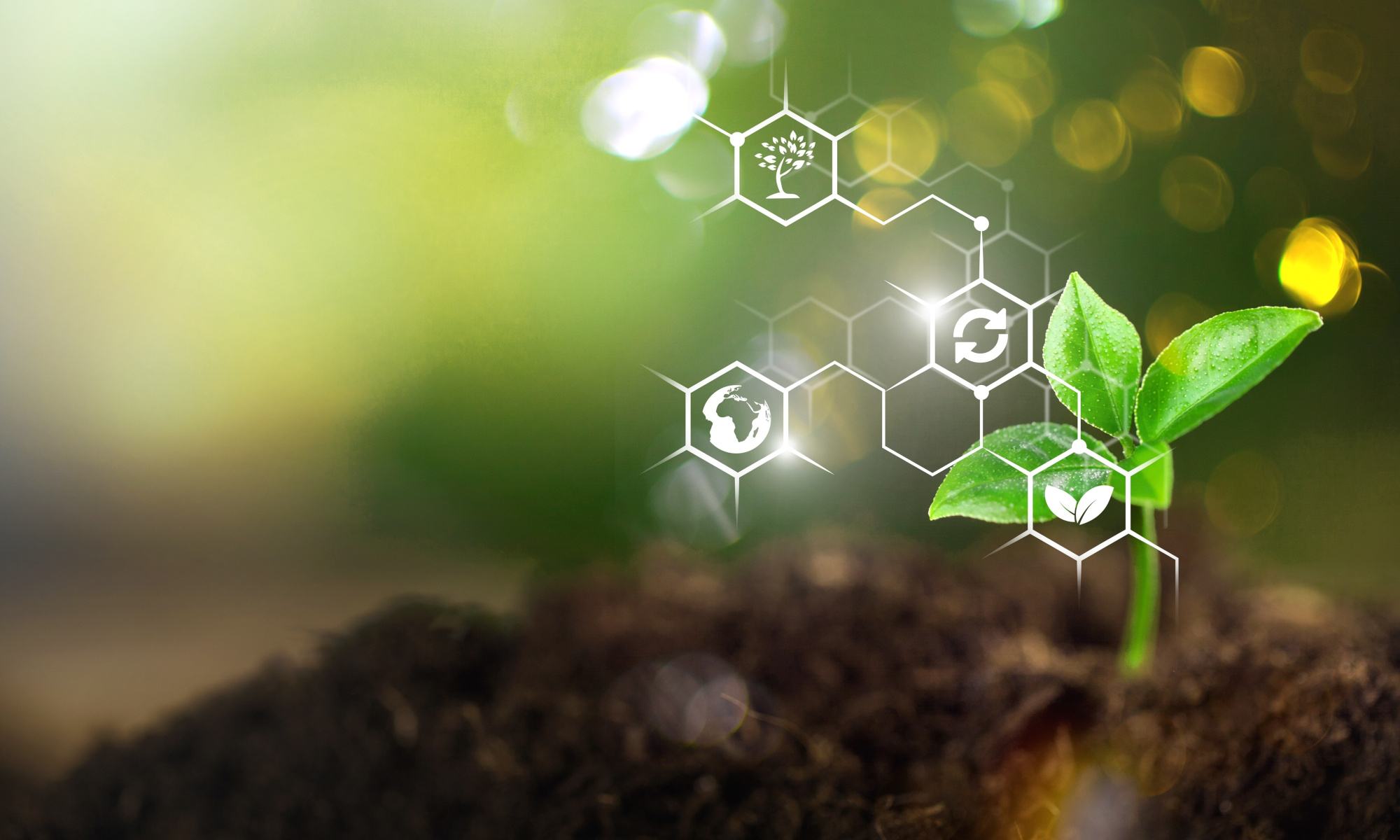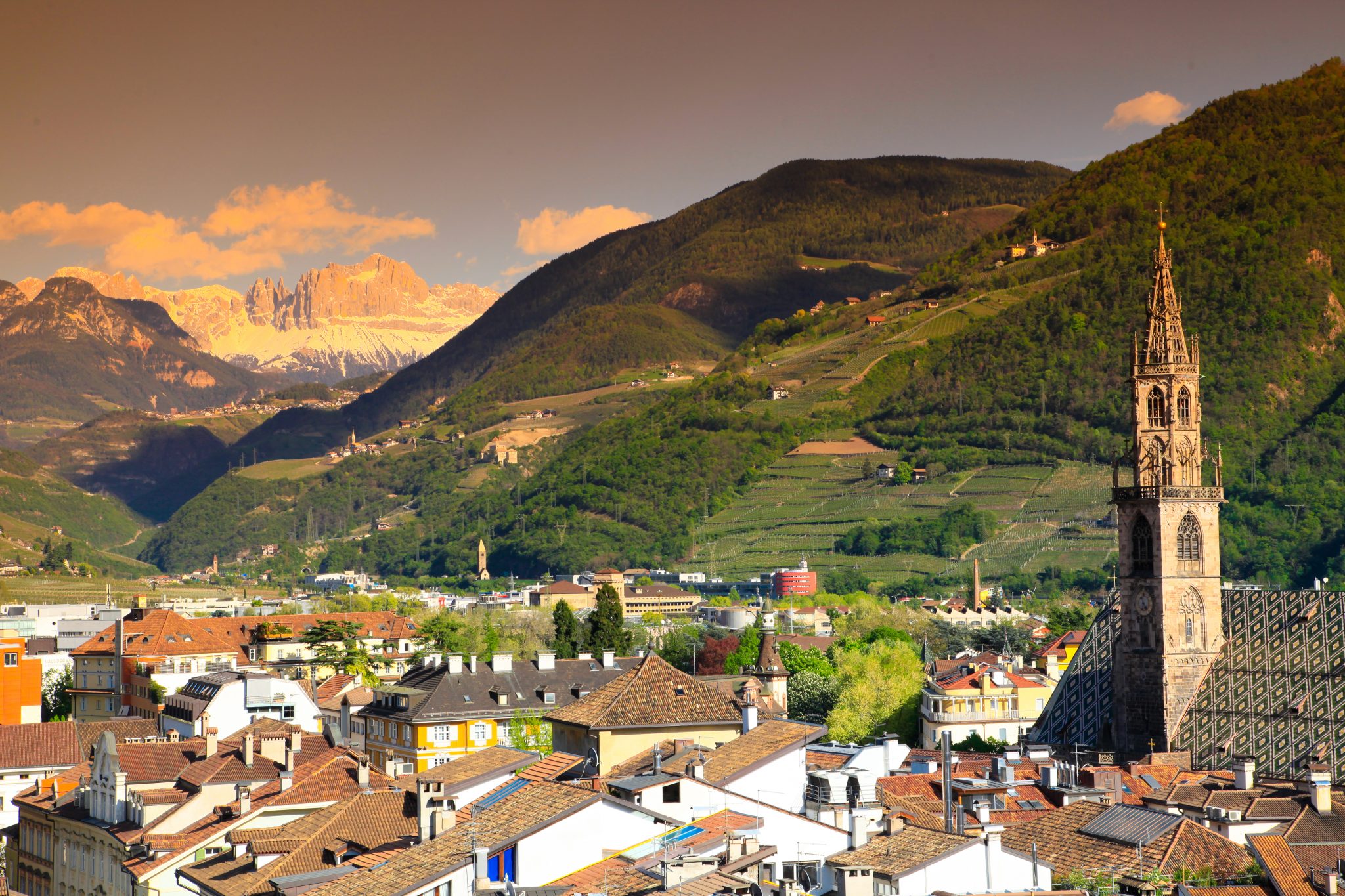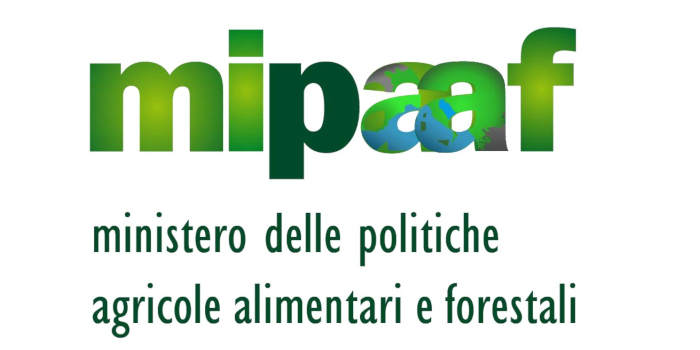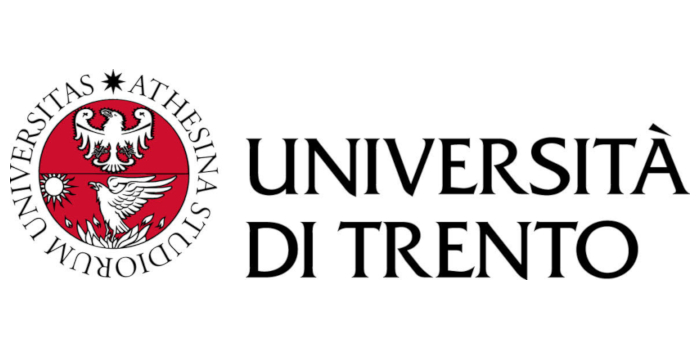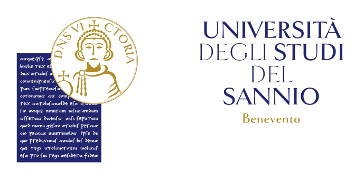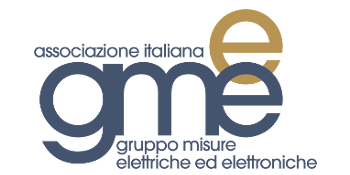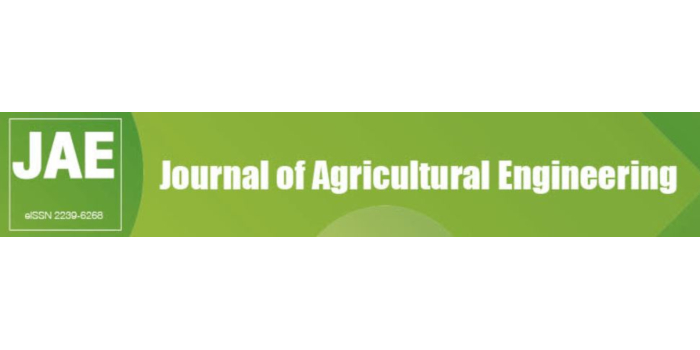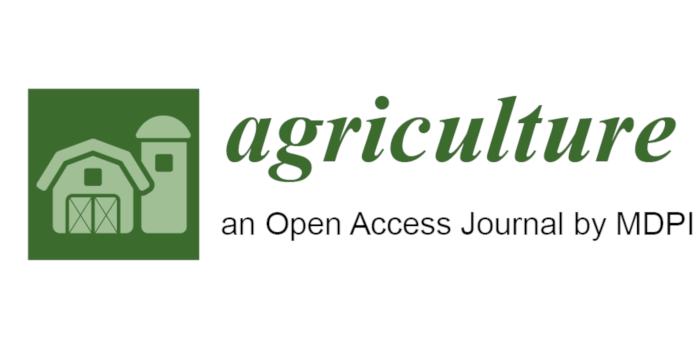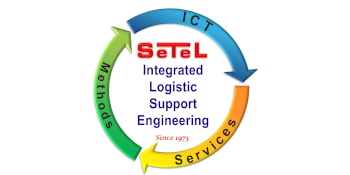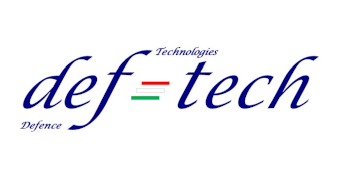The role of digitization in agricultural sustainability
ORGANIZED BY
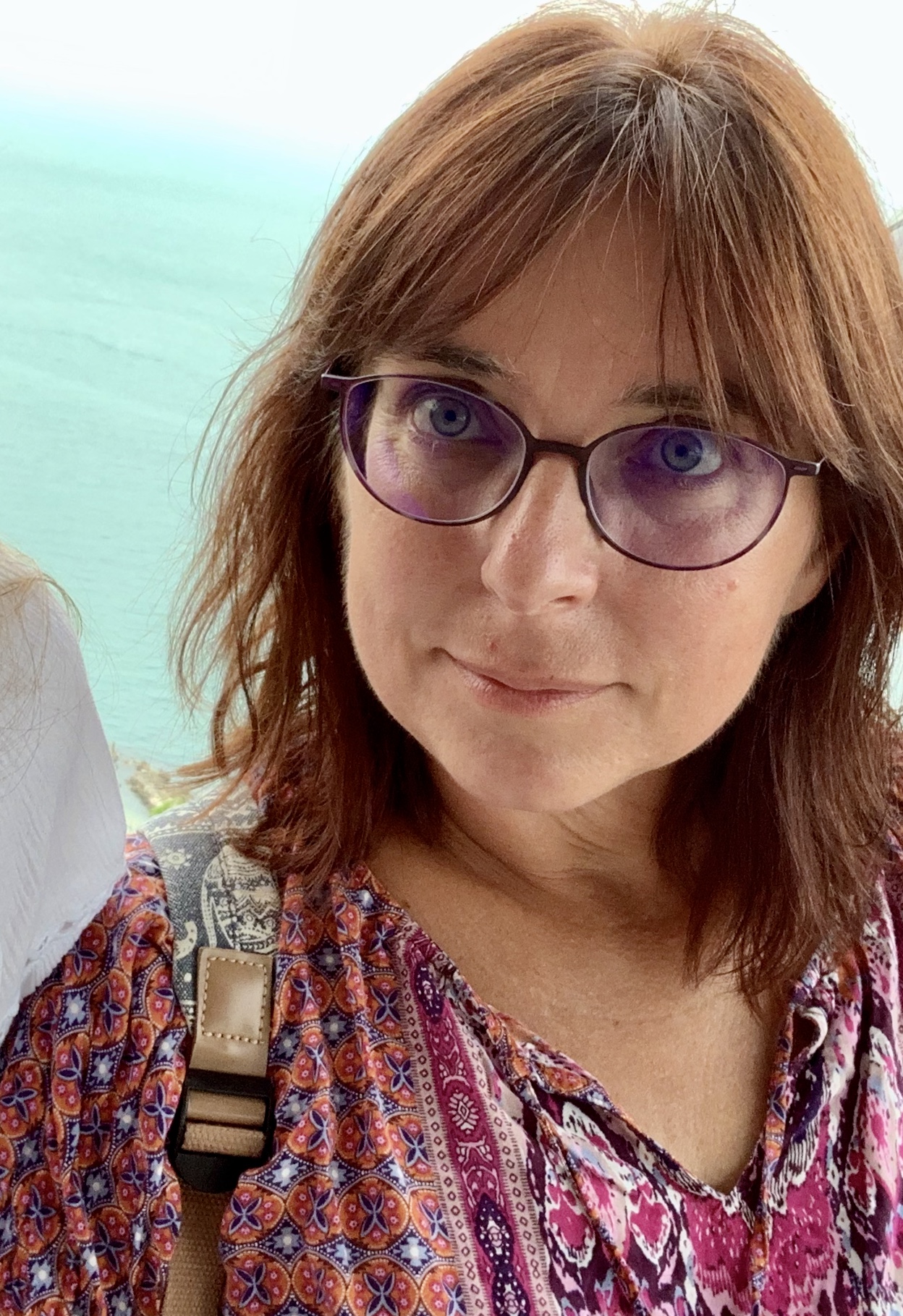
Pasqualina Sacco
Fraunhofer Italia IEC
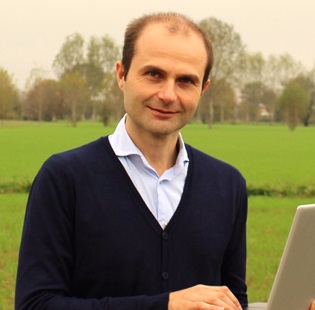
Francesco Marinello
University of Padova

Jacopo Bacenetti
University of Milano
ABSTRACT
Digital transformation offers many opportunities for evolution, and sometimes revolution, in various sectors including agriculture. In particular: the ability to enhance the acquisition of information and the speed with which it can be used for operational decisions, including automation; the possibility of supporting strategic business choices through simulation models to predict performance (economic, environmental and social); and finally, the potential in terms of monitoring and traceability.
On the other hand, beyond the great potential, it is also important to consider the difficulties that the introduction of ICT tools entails in terms of system design, often with much customized requirements, for individual companies, the adequate training needed for its correct use, and the negative impact that digitalization itself might generate in terms of sustainability.
It is therefore a question of finding the right balance between digital equipment, its use and farm objectives. In order to assess what the 'right balance' is, it is necessary to measure the impacts, i.e. the performance of farm activities. This is the only way to understand whether and to what extent a certain ICT equipment has a positive or negative impact on the overall sustainability performance of the farm.
TOPICS
We welcome contributions in new measuring approaches in the following topics:
- Methods to assess and measure impacts generated from farm activities (including LCA);
- Impacts (positive and negative) of digitalization in agriculture;
- Open issues in agricultural digitalization;
- Regulamentary issues;
- Case studies.
ABOUT THE ORGANIZERS
Pasqualina Sacco, Degree in Environmental Sciences at Ca' Foscari University of Venice and Ph.D. in Agricultural Ecology at University of Udine and Univesität für Bodenkultur in Vienna. He has carried out research fellow and teaching assistant at University of Udine and University of Milan. He worked as a freelance consultant for universities and private companies and since 2017 she is a scientific collaborator at Fraunhofer Italia IEC. Her main research topics are related to: a) systems analysis and modeling, b) circular bio-economy and sustainability, c) multi-criteria and multi-actors evaluation, d) design and prototyping of IT tools for agriculture and environment, e) industry 4.0 and predictive maintenance, f) precision agriculture and forestry. She is coauthor of more than 50 printed works, presented in specialized magazines and congresses.
Francesco Marinello is an Associate Professor at the University of Padova (Italy). After his PhD in precision engineering and metrology jointly supervised by the Technical University of Denmark (Lingby, Denmark), he spent two years at the InterUniversity Center for Nanotechnologies (Venice, Italy) and two years at the University of Applied Sciences and Arts of Southern Switzerland (Lugano, Switzerland). Since 2012 he is researcher at the University of Padova and since 2017 Adjunct professor at the University of Georgia (Athens, USA): he is responsible for the courses in “Agricultural Mechanics”, “Precision Farming”, “Applied Statistics”, “Sustainable resource-efficient food production and processing” and “Unmanned Aerial Vehicles for Agriculture”. Marinello has been recently appointed Associate Editor of the journal Computers and Electronics in Agriculture and Editor in chief of the journal Agriculture (Digital technologies section).
Jacopo Bacenetti is a researcher (RTD-B) at the University of Milan (Italy). After his PhD in Technological Innovations for Agricultural, Food and Environmental Sciences, partially spent at the Swedish University of Agricultural Sciences (Uppsala, Sweden), his research activities focused on the analysis of the energetic and environmental performances of agricultural processes mainly by the application of Life Cycle Assessment (LCA) approach.
He is responsible for the courses in “Environmental impact of agricultural systems”, “Bioresource and pollution control technology”. He has been recently appointed as Associate Editor of the journals Cleaner Environmental Systems and Current Opinion in Environmental Science & Health and Section Editor in chief of the journal Agriculture (Section Ecosystem, Environment and Climate Change in Agriculture).
